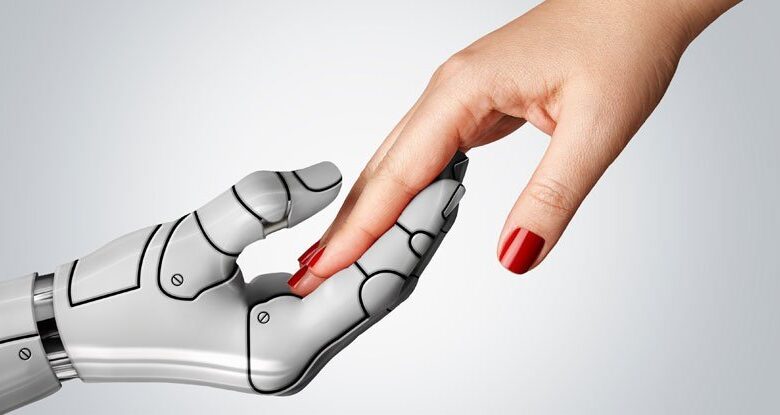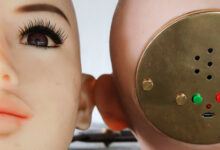Legal Researchers Weigh in on How Future Laws Should Deal With The Rise of The Sexbots

The sexbots are coming – or rather, they’re already here, and they’re becoming ever more sophisticated and life-like. That means official rules and laws around their use are going to be required, according to two law experts.
Right now there’s not a huge amount of research into whether using sex robots is a good or bad idea for individuals, or for society as a whole. It brings up a lot of questions around sex, relationships, and how we should treat the artificial intelligence creations we make.
These questions have previously been explored in movies like Her and Ex Machina, but the science fiction in those films is quickly becoming science reality. Pretty soon, we’re going to have to start deciding what the boundaries should be.
“Legislators will have to balance competing and complex individual and public interests which pose new ethical, regulatory and legal challenges because of advancements in technology,” says Madi McCarthy, who studied law at Flinders University in Australia and is now an associate at law firm LK.
Some argue that sexbots are beneficial – helping those who aren’t able to enjoy a normal sex life due to age, circumstances, physical disability, or mental health issues. They potentially offer a safe space for those who are unsure about sex or their own orientation, and they can reduce pressures on prostitution and sex trafficking.
On the other hand, like pornography, sexbots can be seen as further objectifying women and encouraging sex that’s further removed from emotions – which might lead to increases in violence and abuse. Some robots can now be programmed to mimic the act of refusing consent, which is a troubling step towards illegal acts.
Similar discussions have been going on for a while around the use of sex dolls, and it’s worth noting that in some parts of the world, including Australia, sex dolls created to look like children are banned.
“While no Australian legislation currently regulates or prohibits sexual intercourse with robots, there are regulations on child-like sex dolls which have been addressed by the Commonwealth, South Australia, and Queensland. These statutory provisions may guide any future laws on the use of adult sex robots but there are new factors which have to be considered,” says McCarthy.
The fact is that more research is needed to understand what kind of positive or negative effect sex robots might have on the people who use them, and that’s tricky with the technology progressing all the time.
One study examined the attitudes of therapists and physicians towards sexbots: The top three suggestions for making use of the bots were for those with social anxiety, those without a partner who don’t want to rely on one-night stands or prostitution, and for those who had issues with premature ejaculation.
These and other therapeutic uses are certainly plausible, but with the potential for these sexbots to cause serious damage to attitudes and relationships as well, researchers and lawmakers need to act fast to reach a scientific consensus.
“Sex robots challenge existing conceptions of how humans interact with emerging technologies – and they do so in the most intimate way,” conclude McCarthy and Flinders University Dean of Law Tania Leiman in their recent article.
“While any regulatory response will need to balance a multitude of interests, ethical questions, and legal challenges, the very real potential for this technology to objectify and promote sexual violence against women suggests action is required sooner rather than later.”
You can read the entire article in the Law Society of SA Journal.
-
Sale!

Aurora: Tender Sex Doll
Original price was: $2,799.00.$2,599.00Current price is: $2,599.00. Buy Now -
Sale!

Dominique: Thick Sex Doll
Original price was: $2,499.00.$2,199.00Current price is: $2,199.00. Buy Now -
Sale!

Auburn: Red Head Sex Doll
Original price was: $2,199.00.$1,899.00Current price is: $1,899.00. Buy Now






